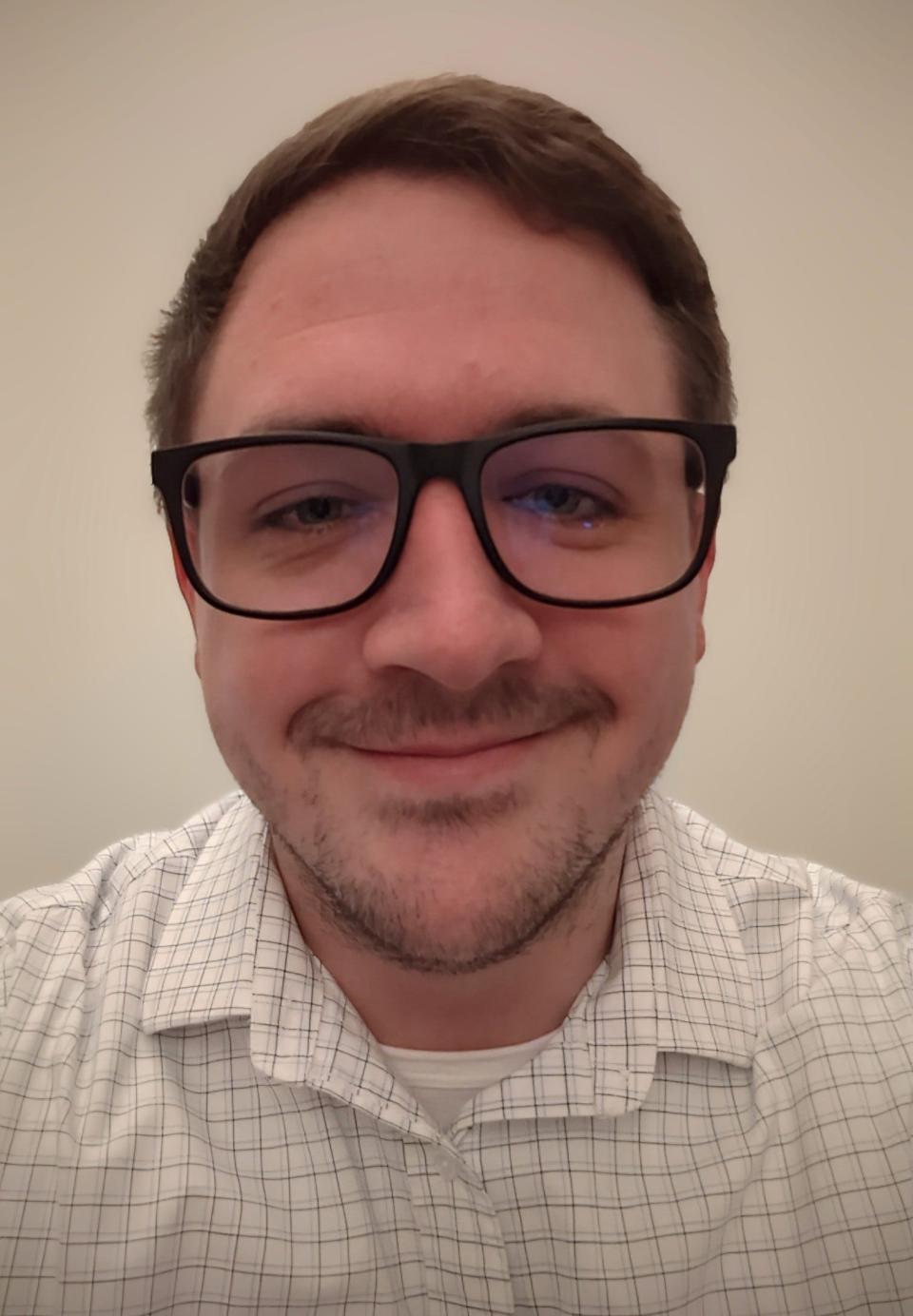Rejections have piled up since disclosing my disability on job applications. ADA fails us.
I tried to count how many internships I have unsuccessfully applied to in the past 18 months, but I had to stop at 217 because the webpage holding my application history would not refresh any further back than that. When I learned my struggles in life were because I was neurodivergent – someone diagnosed with autism, attention-deficit/hyperactivity disorder, dyslexia or a related brain condition – I did not think anything of it.
I was already almost 30 years old, and I naively believed the neurodivergent label would not change how people interacted with me. Ever since I started checking "yes" on the question of whether I would like to disclose being a person with a disability on job applications, the rejections, admittedly a tiny fraction compared with those who do not respond at all, have piled up.
Most people, myself included before I joined this community, spend exactly zero seconds of their day thinking about the Americans with Disabilities Act. I knew what it was and assumed that because of the ADA, everything was better for people with disabilities.
ADA accommodations at work: Remote jobs gave people with disabilities more opportunities. In-office mandates take them away.
The ADA’s passage was supposed to open a new world, free of discrimination in public access and − with appropriate accommodation − in employment opportunity for people with disabilities. Not only did that not happen, in some cases the ADA’s passage made things worse, negatively impacting the economic well-being of people with disabilities.
My disability shouldn't mean I have to settle for jobs
I am an excellent student, albeit one who has taken much longer than normal to be successful in college. In the jobs and internships I was able to get in Cincinnati, all before I was diagnosed and started checking "yes," I have been given leadership responsibilities. I was even a lead legislative intern for Cincinnati Mayor John Cranley.
Struggling to find work regardless of achievement is not something unique to me. A large percentage of people with disabilities, particularly people who are neurodivergent, are unemployed or underemployed, with many reporting that although they have high credentials, they have to settle for the kinds of jobs many people leave behind in high school.
The economic burden of complying with the ADA is enough to make some employers not hire people with disabilities in the first place. Also, corporate human resources departments are not designed to handle applicants with disabilities, specifically neurodivergence.
'Dadda is disabled': How I teach my son about my cerebral palsy
Neurodivergent candidates sometimes need one-on-one attention and accommodations, which might make their applications or interviews more difficult than normal. The efficiency that human resources departments seek in collecting applications is not conducive to the individual attention and accommodations that applicants with disabilities may require and causes them to not be considered from the very beginning.
I have personally experienced people treating me differently and being patronizing after I tell them I have disabilities, but I am not alone. I know someone who is legally blind who was told to "do your best" when they were not given a Braille version of a skills test. I know someone who uses a wheelchair whose interview was not moved to the lobby due to a nonfunctioning elevator, and whose interview was subsequently never rescheduled.
Each of us has experienced people trying to push us into different, "easier" jobs than the ones we applied for when interviewing or speaking with company representatives, for example, at job fairs or networking events.

Now that I know more completely who I am and how I fit into the world, I will not play it down − checking that "yes" box is part of who I am. I want to be considered as a complete person and as more than the disorder acronyms that people cannot see past when they look at me.
Every person knows someone with a disability. I was uninformed and did not understand the extent of this problem until it began affecting me personally. I did not know enough to even know there was a problem in the first place.
Be better than me. Talk to the people you know about the struggles they face and help them if you can.
Samuel Adams is a St. Bernard native, graduate of Cincinnati State and current junior at Columbia University studying political science. This column first published in the Cincinnati Enquirer.
You can read diverse opinions from our Board of Contributors and other writers on the Opinion front page, on Twitter @usatodayopinion and in our daily Opinion newsletter.
This article originally appeared on Cincinnati Enquirer: ADA has failed people like me. But I refuse to play down my disability


